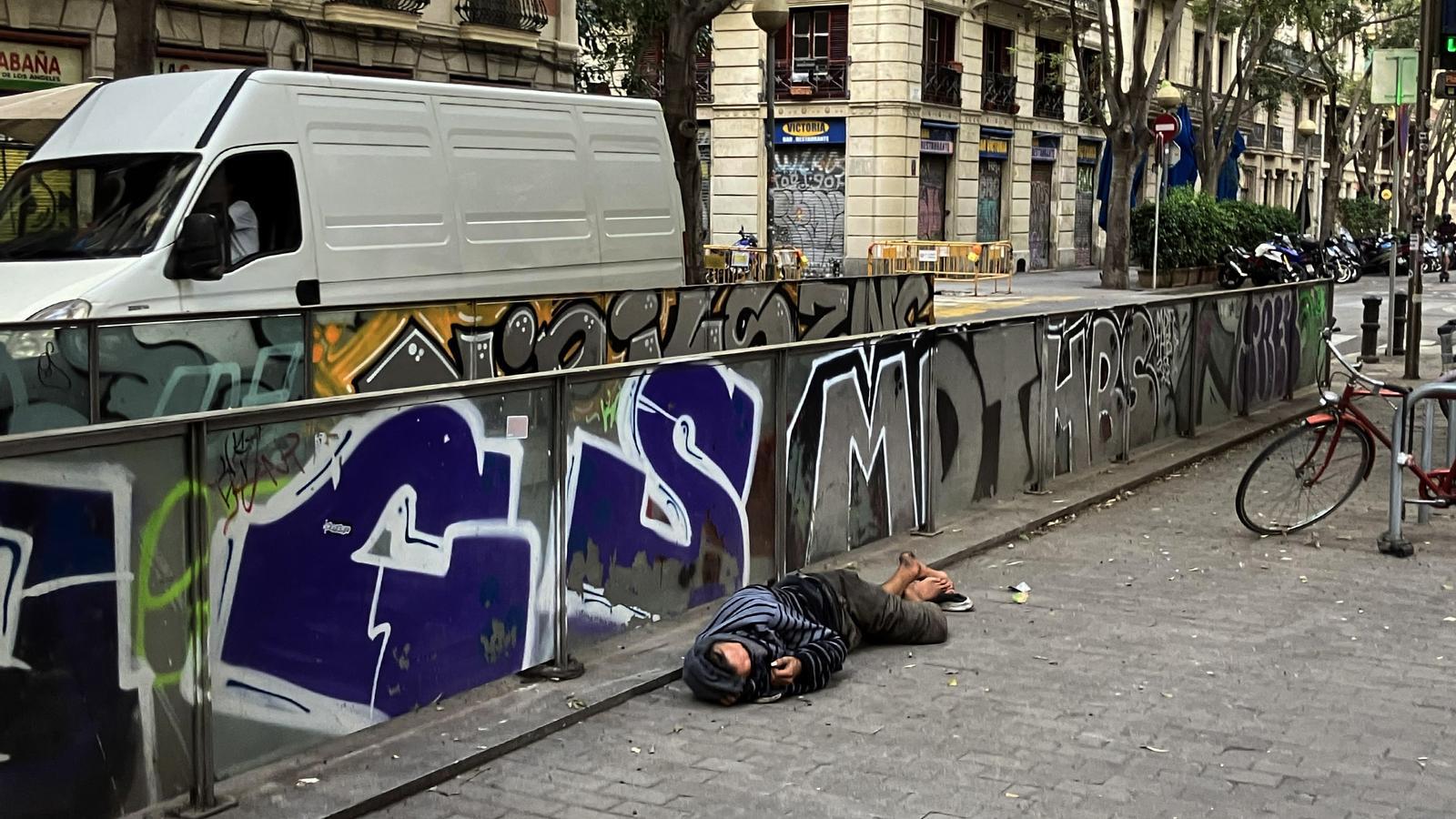

It's not a bad thing for some people to be rich, especially if their fortune was hard-earned, legally acquired, or inherited. None of these circumstances is a crime or something to be rejected. The fact that some people have quite a bit or much more than others isn't essentially negative. The point is that there are minimum standards that guarantee a decent life for everyone in society, that what is known as the social elevator works.
In recent years, driven by economic growth, the global level of poverty has been declining, which is good news. But this trend, driven by initiatives such as the United Nations (UN) Sustainable Development Goals, was broken by the crisis that erupted with COVID. In some countries, the necessary momentum to reduce it again and, if possible, eradicate it has not been regained.
The reality we live in makes us pessimistic. The images of people arriving by boat on the shores of the Canary Islands, and now also the Balearic Islands, make us realize that there is still a long way to go. This is especially true when extremist and xenophobic ideologies are being imposed, suggesting simple solutions to complex problems like immigration. Narratives that criminalize immigration also do nothing to resolve the issue and, on the contrary, contribute greatly to polarization. Messages against differences are legitimized, and a climate of hatred can also be generated based on the discourse that society consists of an elite of winners (a few) and losers (many).
Public authorities are the ones who must guarantee the most equal playing field possible, facilitating equal opportunities through their actions. In any case, rather than worrying about the fact that some individuals have great fortunes, we should especially suffer from the fact that there are many others—there are always more—who have much less. The issue should be to ensure equal opportunities, that all players take to the field with similar rules, with minimal assistance. arbitrationThere will always be people who will have more advantages than others, whether due to social, family, or economic circumstances, but we must ensure that those without also have their opportunity.
Despite the trend toward poverty reduction that has been imposed in recent years, despite the hiatus imposed by the COVID crisis, the most worrying element is the increase in inequality, and more than between countries, the widening of the gap between those who have the most and those who have the least within a country. These differences are what must be avoided especially because, in the short or medium term, they are the first elements that contribute to the triumph of populisms and leaderships like Donald Trump's in the US, as well as the most extremist ideas. The issue is not that there are no longer rich people, but that there are no poor people, or that the minimum standard of living is high enough so that no one is poor.
